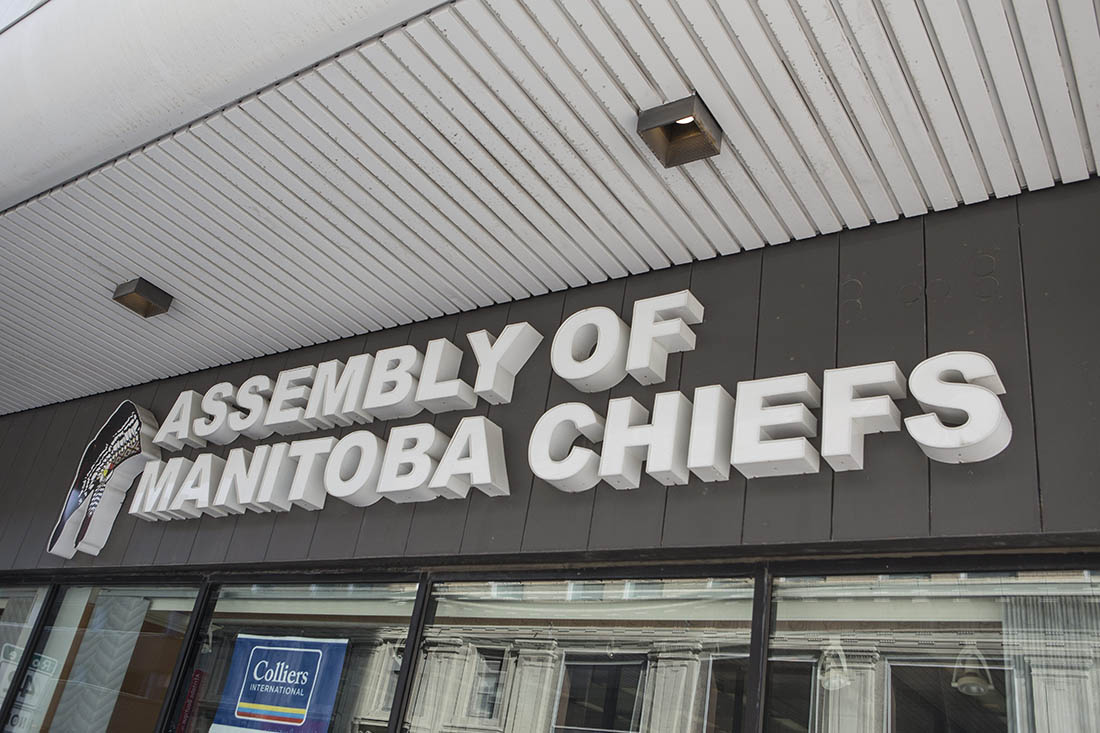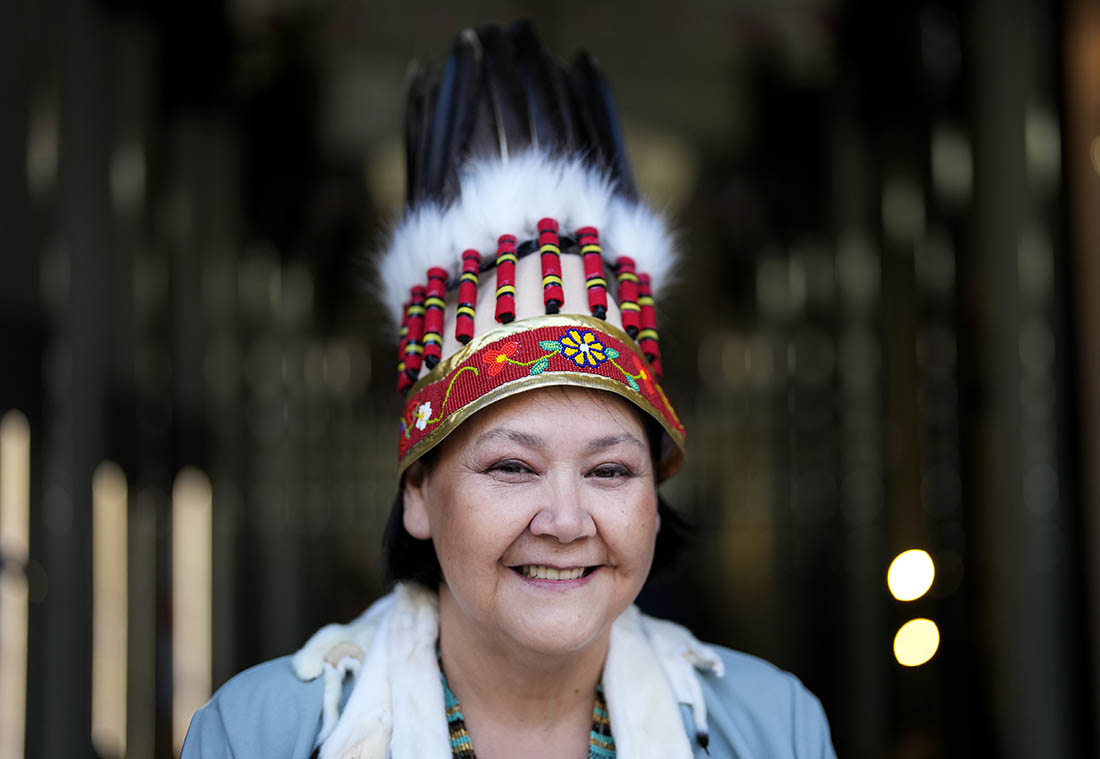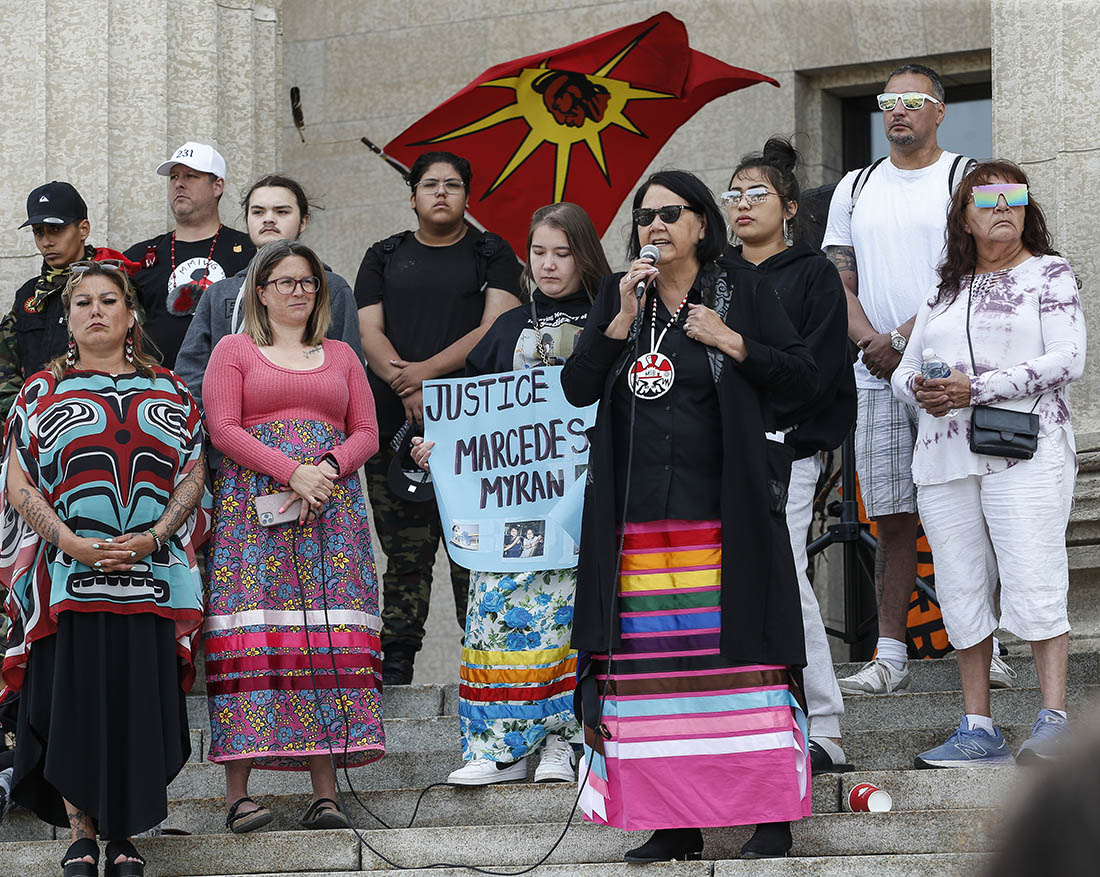The Assembly of Manitoba Chiefs (AMC) is a First Nations political organization (see also Indigenous Political Organization and Activism in Canada). It represents the interests of all 63 First Nations in Manitoba. The AMC has played a pivotal role in championing the rights, sovereignty and well-being of First Nations people in the province.

Origins of the AMC
The origins of the Assembly of Manitoba Chiefs (AMC) can be traced back to the formation of the Manitoba Indian Brotherhood (MIB) in the 1960s. The MIB was formed in response to systemic discrimination, socio-economic challenges and the lack of representation for Indigenous communities in policy-making processes. Like in other parts of the country, First Nation leaders in Manitoba sought to create a unified organization (see also Indigenous Political Organization and Activism in Canada). The organization was established to advocate for policy changes and better representation. It was established in the face of government policies that overlooked or undermined their rights. Central amongst their priorities were self-determination. In particular, the MIB promoted self-determination concerning education, economic development and treaty rights. In 1971, First Nation leaders articulated their vision for self-determination in a position paper titled Wahbung: Our Tomorrows.
Throughout the 1980s, membership in the MIB shifted. As a result, the organization restructured and renamed as leaders debated the efficacy of a province-wide organization. During this time, First Nations in Manitoba pursued common interests through various bodies. These organizations included tribal councils and regional political organizations. Some regional political organizations included Manitoba Keewatinowi Okimakanak representing northern Chiefs and the Four Nations Confederacy that grouped several southern tribal councils. In 1988, First Nations in Manitoba adopted a statement of principles of political unity. They formed the AMC with the explicit mandate to unify the voices of First Nations in Manitoba and advance their joint interests at the provincial and national levels.
Historical Development
The AMC was a leading voice throughout the 1990s and early 2000s. It promoted the advancement of First Nations health, education, housing, child welfare, economic development and justice. A significant milestone in the AMC’s history was its involvement in the implementation of the Framework Agreement Initiative in the 1990s. The AMC negotiated this agreement with the federal government. It was designed to create a process for the recognition and implementation of First Nations’ inherent rights to self-government (see also Rights of Indigenous Peoples in Canada). In 2007, the AMC dissolved the agreement, claiming the federal government did not show interest or support for it. The initiative demonstrated the AMC’s role as a mediator capable of negotiating complex agreements that impact the governance and autonomy of First Nations communities.
Over the years, the AMC has also played a crucial role in advocating for justice in specific cases of discrimination and violence against First Nations people in Manitoba. For instance, the organization has been vocal in calling for inquiries and reforms related to Missing and Murdered Indigenous Women and Girls (MMIWG) and the overrepresentation of First Nations children in the child welfare system. These efforts reflect the AMC’s commitment to addressing both systemic and immediate concerns affecting First Nations communities.
Governance Structure
The governance structure of the AMC is outlined in its constitution, which was adopted in 1994 and amended in 2024. Central to its governance is the Assembly of Chiefs. The Assembly of Chiefs is composed of Chiefs from First Nations in Manitoba. They meet annually, and the assembly functions as a political forum and provides authority for collective action. Between assemblies, the Executive Council of Chiefs and Grand Chief ensure that mandates are implemented. The Grand Chief, who serves as the spokesperson, is elected by the Chiefs of First Nations in Manitoba and serves a term that typically lasts three years. There have been numerous notable Grand Chiefs in the organization’s history. David Courchene Sr. was Grand Chief of the Manitoba Indian Brotherhood and helped to outline the ideological foundations of the AMC in the 1971 Wahbung: Our Tomorrows report. Phil Fontaine became the National Chief of the Assembly of First Nations after serving as Grand Chief of the AMC (see also Assembly of First Nations). Cathy Merrick was a leader in Pimicikamak Cree Nation and community advocate. She was influential in promoting awareness about Missing and Murdered Indigenous Women and Girls (MMIWG) and other social justice issues affecting First Nations communities during her time as Grand Chief of the AMC.
Political Role and Influence
The AMC holds a significant political role both within Manitoba and on the national stage. Its primary mandate is to advocate for the rights, interests and sovereignty of First Nations in Manitoba. This is achieved through various means, including lobbying, public campaigns and negotiation with government bodies.
At the provincial level, the AMC engages with the Manitoba government on important issues. They have discussed topics ranging from health services to resource management. The AMC emphasizes the need for policies that respect treaty rights and prioritize the well-being of First Nations communities. The AMC has been particularly vocal in advocating for resources to address health disparities amongst First Nation populations and the need for culturally relevant and accessible health care services.
On the national stage, the AMC participates in the work of the Assembly of First Nations (AFN). The AMC provides resolutions to the AFN from the AMC Chiefs in Assembly. Through the AFN, the AMC collaborates with other regional First Nations organizations to push for national policy changes, namely related to self-governance, education and child welfare reform.

 Share on Facebook
Share on Facebook Share on X
Share on X Share by Email
Share by Email Share on Google Classroom
Share on Google Classroom





